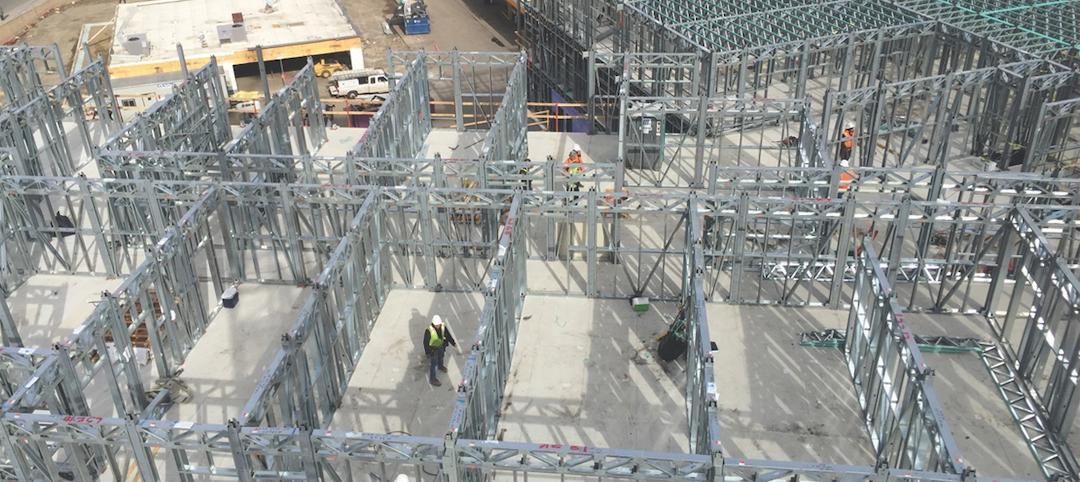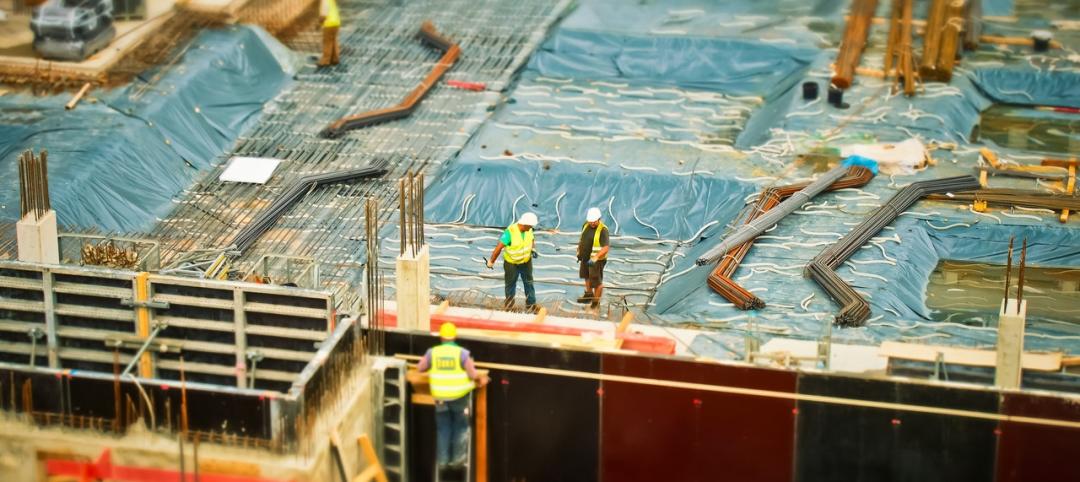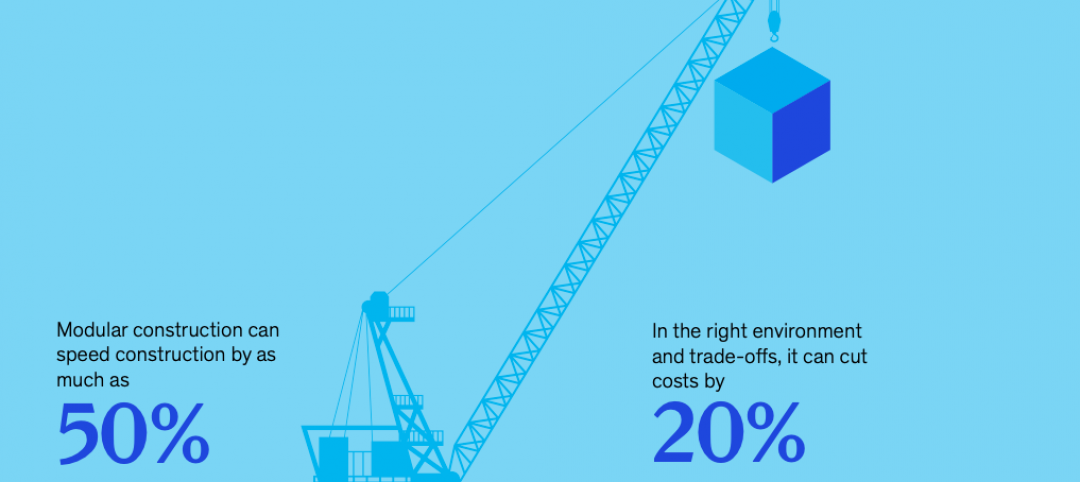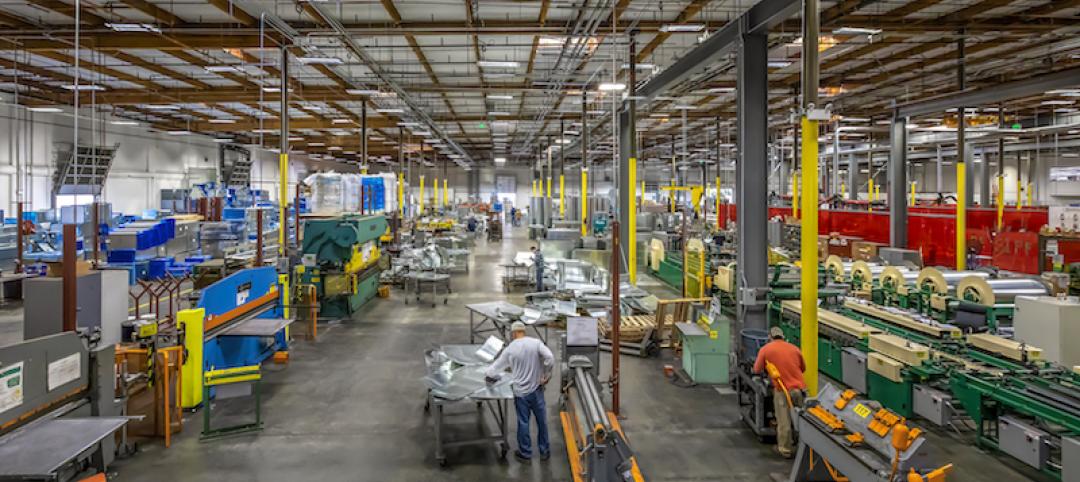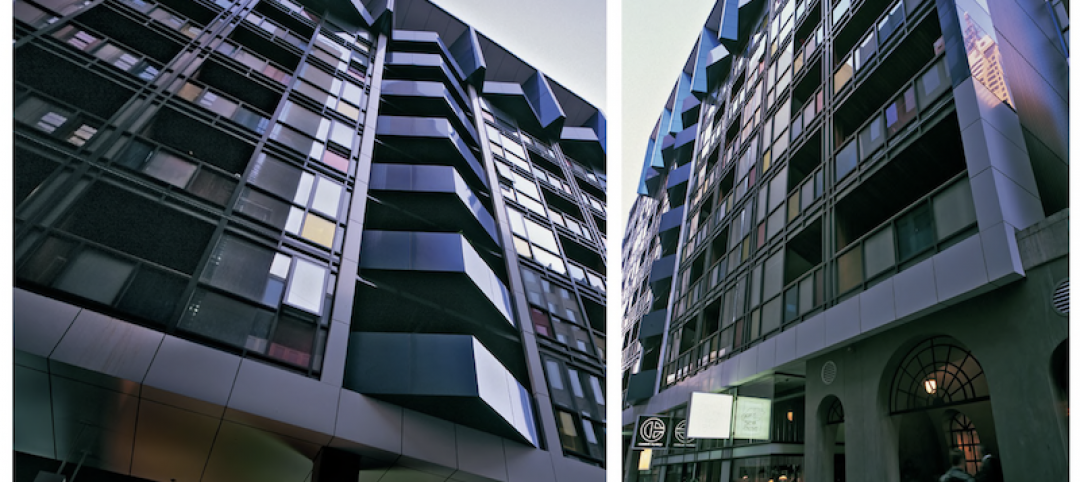 |
| Toronto now requires up to 50% green roof coverage on multi-unit residential dwellings over six stories, schools, nonprofit housing, and commercial and industrial buildings. |
The city of Toronto late last month passed a new green roof by-law that consists of a green roof construction standard and a mandatory requirement for green roofs on all classes of new buildings. The by-law requires up to 50% green roof coverage on multi-unit residential dwellings over six stories, schools, nonprofit housing, and commercial and industrial buildings. Larger residential projects require greater green roof coverage, ranging anywhere from 20–50% of the roof area.
"The City of Toronto's leadership on all things green took another major step by making it obligatory to have green roofs for all types of new buildings," said Deputy Mayor Joe Pantalone, the primary champion of the new by-law. "This by-law is a major part of the solution to climate change, the creation of green jobs, and it represents a whole new mindset on how our cities approach the 20% or so of surface area that are roofs."
Chicago has the greatest number of installed green roofs, according to the Green Roofs for Healthy Cities' Annual Green Roof Industry Survey released last month. The mandatory by-law in Toronto may change that, resulting in approximately 50 to 75 new projects annually, according to GRHC president Steven W. Peck.
Toronto already requires green roofs on city-owned properties, has established a financial incentive of up to $5 per square foot for existing buildings, and is currently building a publicly accessible green roof on its city hall.
For more on the green roof by-law, visit: www.toronto.ca/building.
| Source: Green Roofs for Healthy Cities' Fourth Annual Industry Survey | |
| Chicago | 534,507 |
| Washington, D.C. | 501,042 |
| New York | 358,986 |
| Vancouver | 320,000 |
| Philadelphia | 196,820 |
| Baltimore | 150,032 |
| Montreal | 75,700 |
| Grand Rapids, Mich. | 74,784 |
| Princeton, N.J. | 56,250 |
| Newtown Square, Pa. | 48,130 |
Related Stories
Multifamily Housing | Sep 12, 2019
Meet the masters of offsite construction
Prescient combines 5D software, clever engineering, and advanced robotics to create prefabricated assemblies for apartment buildings and student housing.
Multifamily Housing | Jul 23, 2019
Is prefab in your future?
The most important benefit of offsite construction, when done right, is reliability.
Building Tech | Jun 26, 2019
Modular construction can deliver projects 50% faster
Modular construction can deliver projects 20% to 50% faster than traditional methods and drastically reshape how buildings are delivered, according to a new report from McKinsey & Co.
Building Technology | May 30, 2019
An ESD-incubated intelligent building platform is making two buildings in Chicago smarter
The new company, Cohesion, helps synchronize tenants’ workflows.
M/E/P Systems | May 23, 2019
Process analysis is how one MEP producer is coping with the industry’s labor woes
Southland Industries takes a measured approach to leaning into technology.
Building Technology | Mar 26, 2019
Chain of command: Blockchain for AEC
Blockchain isn’t just about exchanging Bitcoin. It could emerge as the next construction management and lifecycle assessment tool.
Building Technology | Mar 25, 2019
Blockchain: A primer
The simplest explanation of this technology is that blockchain is a digital distributed ledger of transactions or records that exists across multiple participants and computers in a peer-to-peer network.
Industrial Facilities | Mar 10, 2019
The burgeoning Port San Antonio lays out growth plans
Expansions would accommodate cybersecurity, aerospace, and defense tenants, and help commercialize technologies.
Building Technology | Mar 8, 2019
What is your firm's innovation 'hit rate'?
As firms begin to adopt the practices and mindset of Silicon Valley tech and advanced manufacturing, it’s fair to ask: Are all of these innovation projects and initiatives working?
Building Technology | Mar 6, 2019
Australia’s prefab construction sector is trying to break out from its 'getting there' stage
A paper by Deloitte looks back at an origin case study. But the country has yet to develop a fully formed industry.


